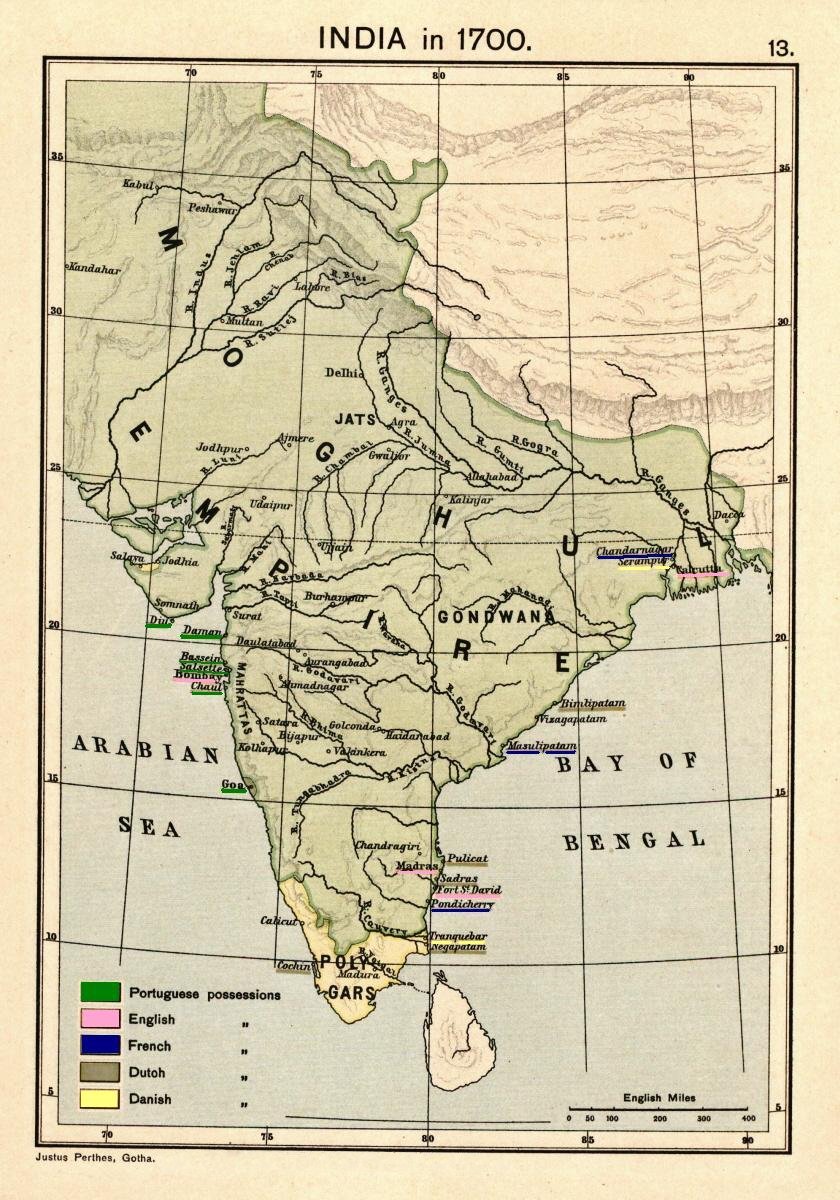History of India
- Introduction to Ancient India
- The Mauryan Empire
- Post-Mauryan India and the Golden Age
- Early Medieval India
- The Delhi Sultanate
- The Mughal Empire - Part I
- The Mughal Empire - Part II
- The Advent of European Powers
- The British Raj - Part I
- The British Raj - Part II
- Independence & Partition
The Mughal Empire - Part I
The Early Mughals: Foundation and Struggles

1526–1857 empire in South Asia.
The Mughal Empire, which ruled most of present-day India, Pakistan, and Bangladesh, was one of the most powerful and influential empires in the world during its peak. The foundation of this empire was laid by Babur, a descendant of Timur and Genghis Khan, in the early 16th century.
Babur and the Foundation of the Mughal Empire
Babur, born in Fergana (present-day Uzbekistan), was driven by a desire to reclaim the territories once held by his ancestors. After several unsuccessful attempts to establish his rule in Central Asia, Babur turned his attention to India. In 1526, he defeated Ibrahim Lodi, the last Sultan of Delhi, at the First Battle of Panipat, marking the beginning of the Mughal Empire in India.
Babur's rule in India, however, was short-lived. He spent most of his four-year reign consolidating his power, dealing with rebellions, and expanding his territories. Despite the brevity of his reign, Babur laid the groundwork for the empire, introducing new military tactics and fostering a culture of tolerance.
Humayun and His Struggle for Power
Humayun, Babur's eldest son and successor, inherited a vast but unstable empire. His reign was marked by constant struggles against rebellious nobles, ambitious brothers, and aggressive neighbors. In 1540, Humayun was defeated by Sher Shah Suri, an Afghan leader, and was forced into exile.
During his 15-year exile, Humayun wandered across Persia and the Sind region, seeking aid from various rulers to reclaim his empire. His fortunes changed when the Safavid Shah of Persia, Tahmasp I, agreed to help him in return for Humayun's conversion to Shia Islam.
In 1555, Humayun recaptured Delhi and Agra, reestablishing Mughal rule. However, his second reign was short-lived as he died a year later from a tragic accident. Despite his tumultuous reign, Humayun is credited with introducing Persian culture and administrative practices into the Mughal court, which greatly influenced subsequent Mughal rulers.
The early Mughal period, marked by the reigns of Babur and Humayun, was a time of both turmoil and significant cultural synthesis. It set the stage for the 'Golden Age' of the Mughal Empire under Emperor Akbar, which will be the focus of the next unit.